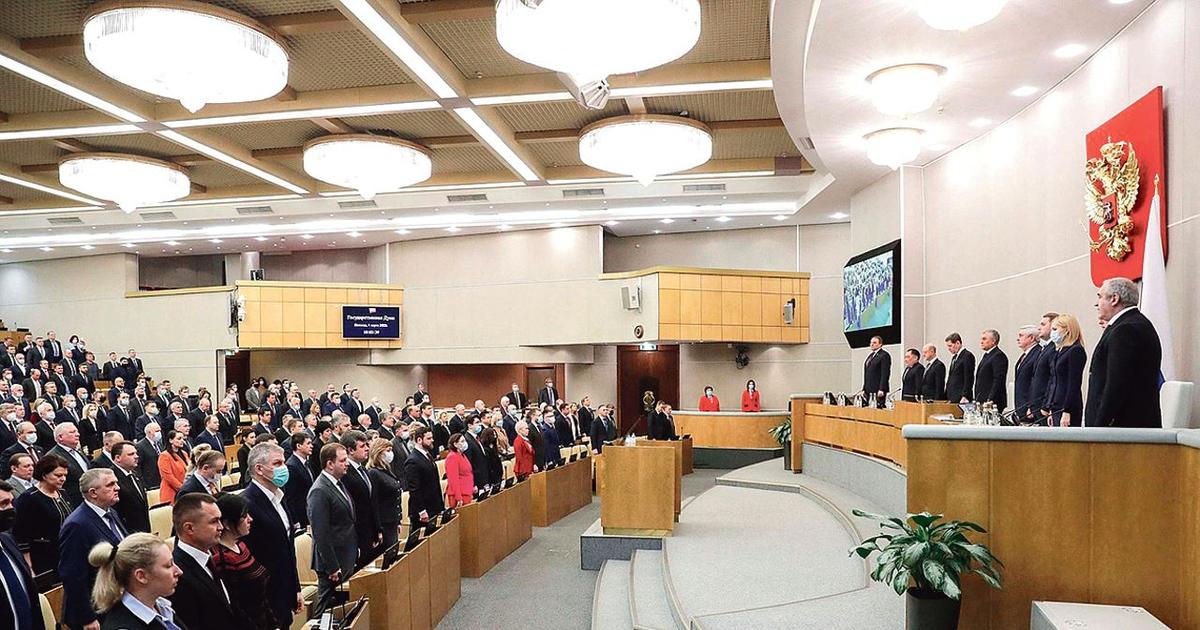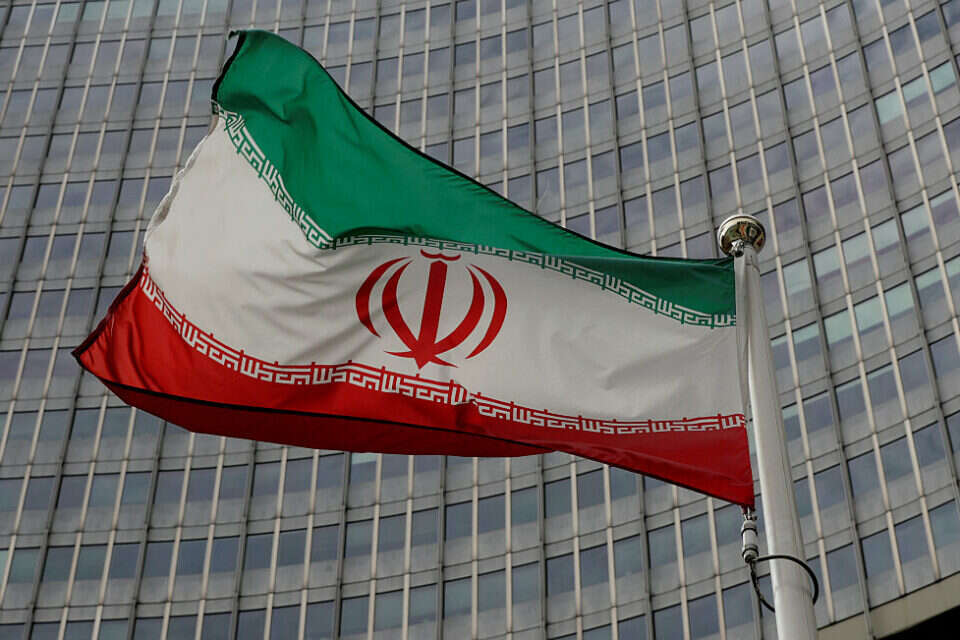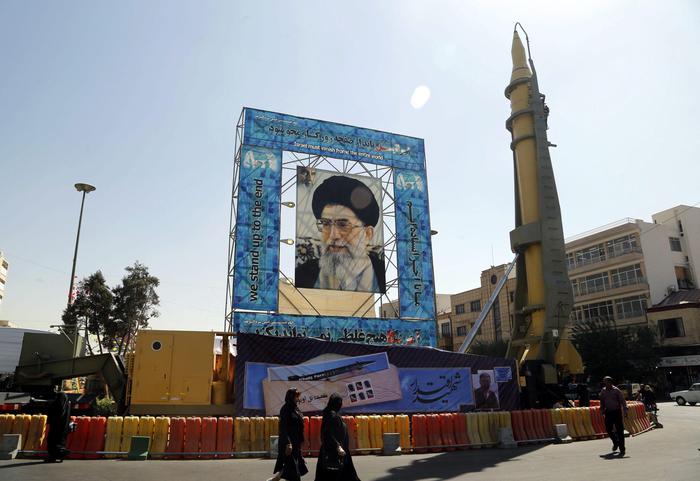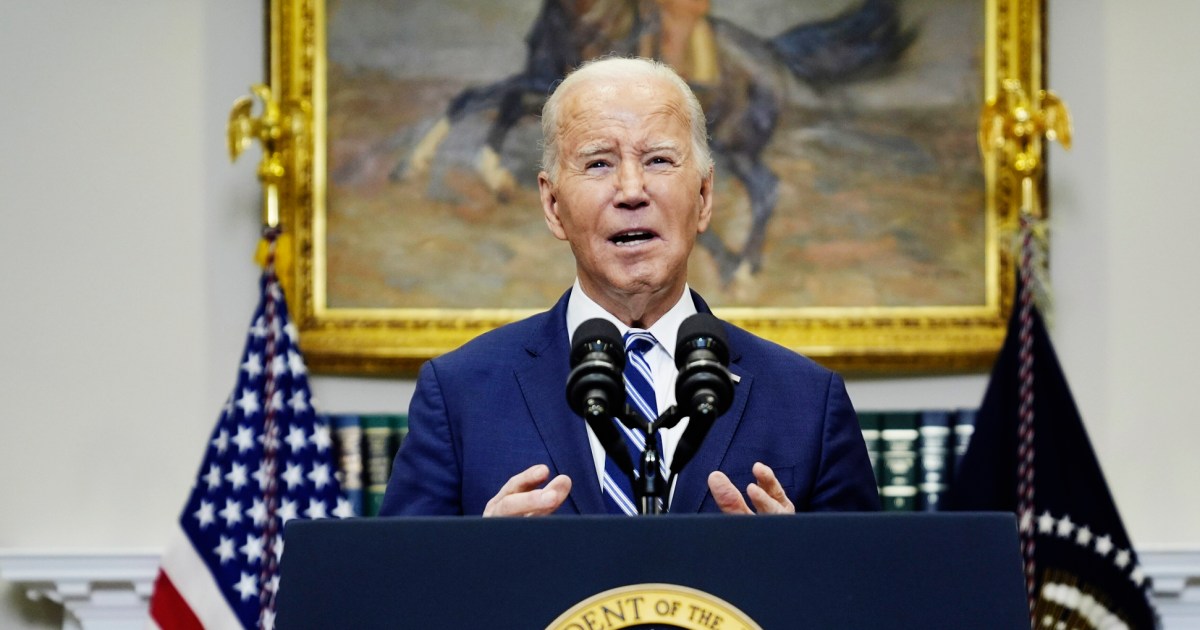Friday, March 4, the Duma meeting in
"extraordinary session"
adopted a new law, called
"on fake news"
,
which was immediately signed by Vladimir Putin, thus coming into force the same day.
This
"amendment to the Criminal Code and Criminal Procedure Code"
criminalizes the dissemination of
"false news"
relating to
"the use of Russian armed forces to protect the interests of Russia and its citizens",
as well as
" public acts aimed at discrediting”
the Russian military and
“calls for punitive measures”
such as international sanctions.
To discover
LIVE - War in Ukraine: "heavy fighting" in the south and north, Mariupol in a critical situation
Read also
War in Ukraine: on social networks, despite censorship, Russians express themselves without filter
This law targets independent Russian or foreign media present in Russia.
The former virtually disappeared with the scuttling of the Moscow Echo radio and the Dojd site at the end of last week.
The latter now see their correspondents in Russia exposed to heavy fines and prison sentences that can range from three to five years, or even fifteen years if the information referred to has
“serious consequences”.
Faced with this new situation, which they had not known even during the time of the USSR, all the major Western media present in Russia undertook to reassess their work in this country, in the light of the implications for the security of their journalists and collaborators.
Random law enforcement
Lawyers consulted in Russia by various foreign media emphasize the
“vagueness”
of several provisions of the law, which authorizes its random application, according to the goodwill of the authorities.
For example, it is supposed not to have retroactive effect,
“unless, of course, the authorities judge that there is something problematic in the previous coverage
(of Russia)
, in which case it could become “,
notes a lawyer.
One of his colleagues stresses that the text only applies to
"crimes"
committed in Russia: the reports made in Ukraine could not therefore be blamed on a journalist from the same media present in Moscow.
But the FSB (internal security) seems to have intervened with a German channel after a program had
"made fun of Putin".
There are enough laws in Russia to convict a journalist for any reason, and enough tools to eliminate a media
Galina Timtchenko, director of the Meduza site, based in Latvia
There is also an ambiguity on the
“dissemination”
of information that displeases the Kremlin: does the simple fact of having an accessible website in Russia fall under the scope of the new legislation?
"There are enough laws in Russia to condemn a journalist for any reason, and enough tools to eliminate a media,"
Galina Timtchenko, director of the Meduza site, based in Latvia, told AFP.
Freedom to work hampered
Faced with these hazards, many foreign media have decided to
"suspend"
the work of their journalists in Russia, or even, in some cases, to repatriate them.
This is particularly the case for dual nationals, an earlier decree by President Putin exposing Russian citizens to the charge of
“high treason”.
In any case, those who continue to cover Russian news for the time being, such as the correspondent of
Le Figaro
in Moscow, Alain Barluet, see their freedom to work hampered: going to an anti-war demonstration like the one that held Sunday in the Russian capital can theoretically place them under the blow of the law.
The lawyers consulted
"also strongly advise against"
using the terms of
"war"
or
"invasion".
Read also
In Russia, haro on the “traitors” who criticize the war in Ukraine
Some media have decided to no longer sign their articles or dispatches.
The television channels broadcast in Russia - BBC, CNN, CBC / Radio Canada, ARD or ZDF for Germany - have suspended the activity of their journalists until further notice.
The French international channels, France 24 and TV5 Monde, have disappeared from Russian screens by decision of their local cable operators.
All of the French media, whose leaders consulted each other throughout the weekend, agreed to adopt an attitude of caution while continuing - or resuming from this Monday - their coverage of Russia.
This is the position of
Le Figaro
, which will inform its readers of the obstacles or constraints preventing it from qualifying or freely describing the events in this country.








